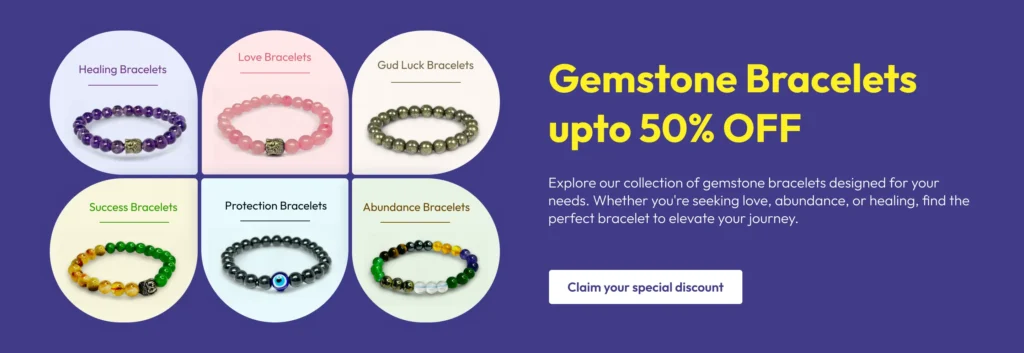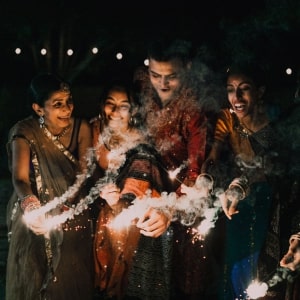Valentine’s Day, the holiday of love, has long been celebrated with romantic gestures, flowers, and chocolates. However, beneath the surface of this seemingly innocent occasion lies a host of reasons why some people find Valentine’s Day more bitter than sweet. From commercialization to emotional pressure, here are a few reasons why is Valentines Day bad.

- Commercialization Over Genuine Sentiment – Why is Valentines Day bad? you may ask. Well, Valentine’s Day has sadly become heavily commercialized, bombarding consumers with advertisements for gifts, cards, and extravagant gestures. This overwhelming pressure to spend money on lavish gifts often overshadows the true essence of the holiday, turning it into a materialistic showcase rather than a heartfelt celebration of genuine love and affection. Consequently, this commercialization fosters unrealistic expectations and can lead to financial strain for many individuals and couples.
- Exclusion and Loneliness – For those who are single or have recently experienced a breakup, Valentine’s Day can serve as a painful reminder of their relationship status. The pervasive imagery of happy couples can exacerbate feelings of loneliness and isolation, leading to increased levels of depression and anxiety. The emphasis on romantic love excludes those who are not in relationships, reinforcing societal norms that prioritize romantic partnerships over other forms of love and companionship. However, seeking guidance from an astrologer can offer solace and insight into one’s love life, providing a different perspective and potential avenues for finding love or navigating through relationship challenges. By consulting with an astrologer, individuals can gain a deeper understanding of their romantic tendencies, compatibility with potential partners, and the timing of significant romantic events in their lives, empowering them to approach Valentine’s Day and their love lives with renewed hope and clarity.
- Pressure to Conform to Romantic Ideals – Why is Valentines Day bad? you may ask. Well, Valentine’s Day perpetuates the notion that love must be showcased through grand gestures and extravagant displays of affection. This pressure to adhere to societal norms can generate stress and anxiety, particularly for individuals who may lack the resources or inclination to partake in such demonstrations. Moreover, the relentless emphasis on romantic ideals can foster feelings of inadequacy or disillusionment if one’s relationship fails to meet the expectations set by mainstream culture.
- Emotional Manipulation and Expectations – In some cases, Valentine’s Day can be used as a tool for emotional manipulation within relationships. Partners may feel pressured to prove their love through extravagant gifts or gestures, leading to feelings of obligation rather than genuine affection. The expectation to demonstrate love on a specific day can place unnecessary strain on relationships and create unrealistic standards for both partners.
- Environmental Impact – The production and disposal of Valentine’s Day cards, gifts, and decorations contribute to environmental degradation and waste. From the deforestation associated with paper production to the carbon emissions from transportation and manufacturing, the environmental impact of Valentine’s Day celebrations should not be overlooked. Choosing sustainable alternatives or opting for experiences rather than material gifts can help mitigate this impact.
Also Read: Why is Valentines Day celebrated?
While Valentine’s Day is intended to celebrate love and affection, its commercialization and emphasis on romantic ideals can make it a challenging holiday for many individuals. From feelings of exclusion and loneliness to the pressure to conform to societal expectations, there are several reasons why Valentine’s Day may be perceived as negative. However, by acknowledging these issues and reframing the holiday as an opportunity to celebrate all forms of love, including self-love, familial love, and platonic friendships, we can work towards creating a more inclusive and meaningful Valentine’s Day experience for everyone. Seeking guidance from an astrologer can also provide valuable insights into the complexities of love and relationships, helping individuals navigate through the emotional challenges often associated with this holiday. By embracing diverse perspectives and promoting holistic approaches to love and companionship, we can transform Valentine’s Day into a time of genuine connection, appreciation, and personal growth.





